2000s Horror Fantasy Is One Of The Most Unique Takes On The Zombie Genre

Since 1932’s White Zombie made its rounds, we’ve seen all sorts of movies involving the dead coming back to life to feast on their living counterparts. While there have been some absolutely fantastic films and series found within the genre, like Night of the Living Dead, Dawn of the Dead, The Walking Dead, and countless other titles boasting “the dead” in their title cards, 2004’s They Came Back is by far the most unique premise I’ve witnessed. Though it’s not a violent film, They Came Back is a truly unsettling interpretation of the afterlife that ignores all of the common tropes found in your typical zombie movie.
Low-Key Zombie Apocalypse
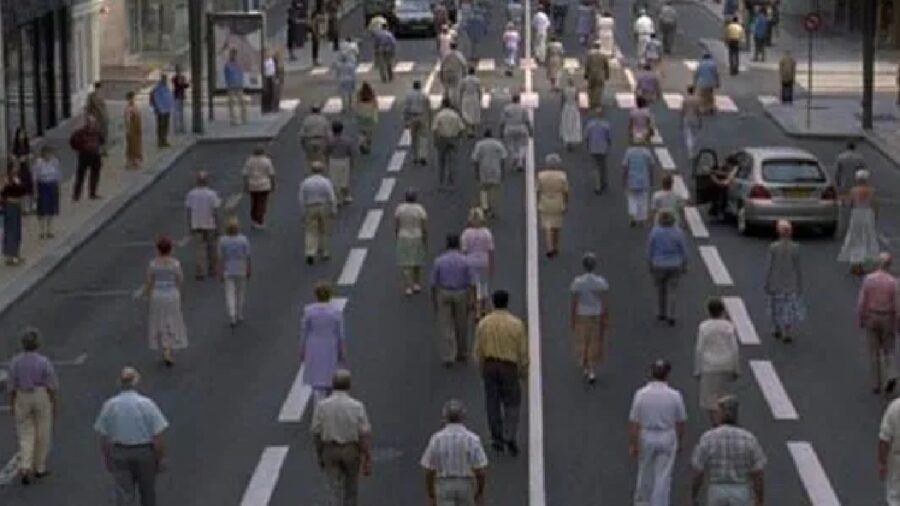
Originally titled Les Revenants (The Returned), They Came Back is a French-language film, so you’ll have to be okay with subtitles (or quickly learning conversational French). Unlike the classics that George A. Romero released throughout his legendary career, the zombies depicted in this film aren’t violent or angry; they simply exist. While films like 28 Days Later have protagonists running for their lives from legions of rage-infested humans, They Came Back is a thought experiment that addresses what would happen if the dead became reanimated and wanted to resume their old lives as if they never died.
Worst City Council Meeting Ever
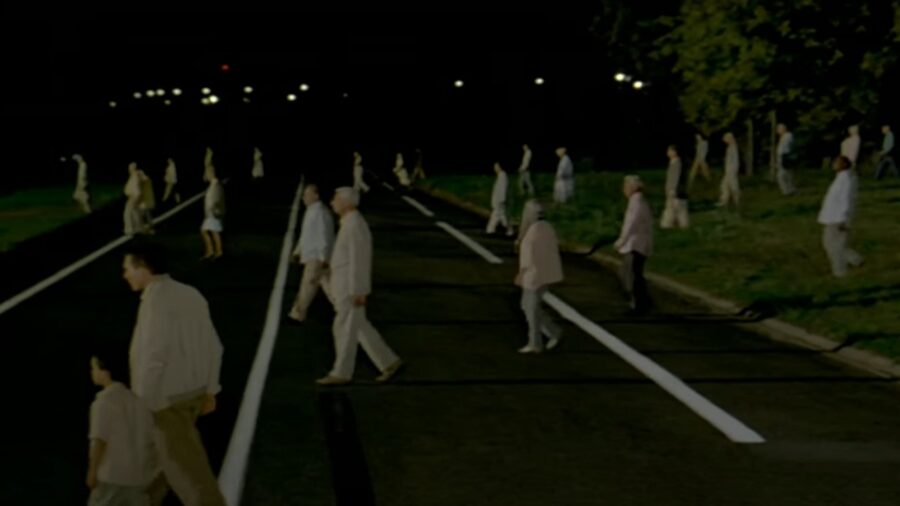
Set in an unnamed French town, They Came Back sets its tone during a harrowing city council meeting. The mayor informs the public that those who have perished over the past decade have come back to life and are wandering aimlessly through the streets. In his efforts to make sense of the situation, the Mayor tasks the council with housing, identifying, and assimilating the newly reanimated population of 13,000 citizens.
They Came Back To Work
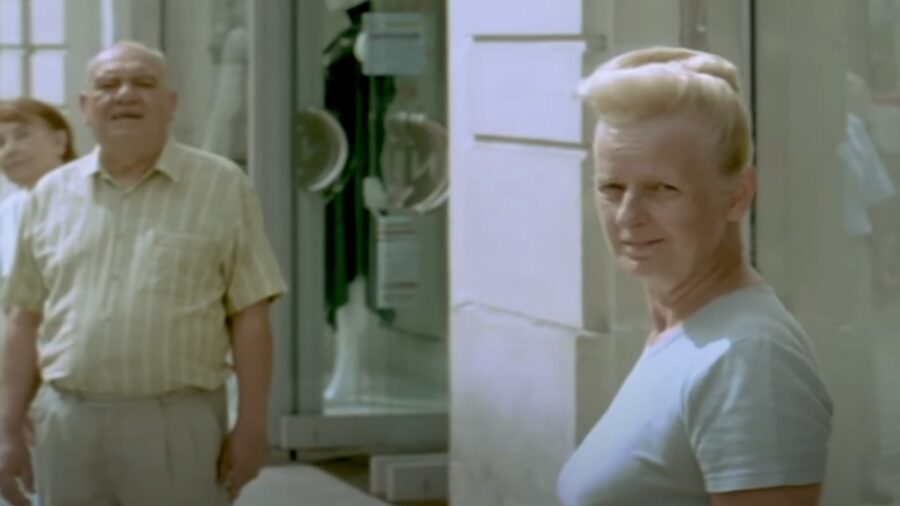
Though the “zombies” in They Came Back resemble their former living selves, they’re clearly traumatized by the afterlife, and their cognitive functions are also impaired. As they are reintroduced into the community, their perceived traumas transfer to their surviving family members, colleagues, and friends, who have already worked through their grief over the years. Imagine burying your partner after their passing, only for them to return after you’ve moved on without them.
Impact Of Being Undead
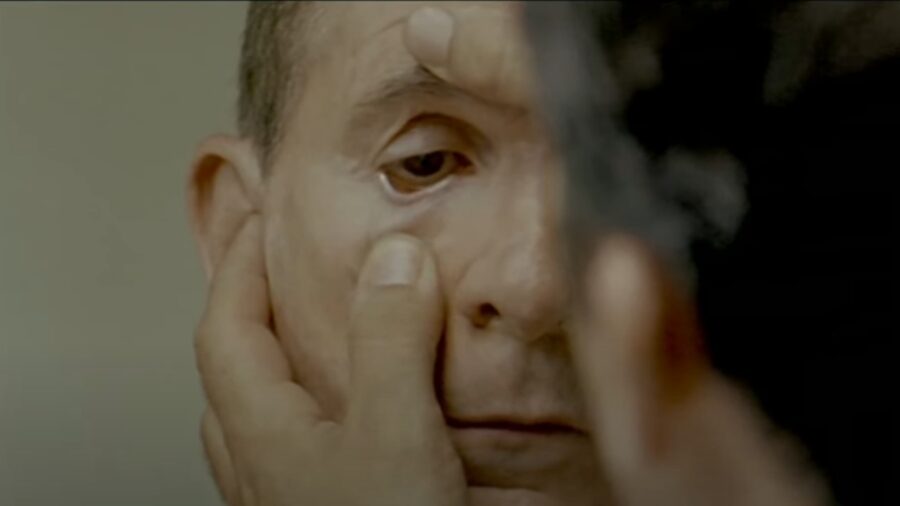
As They Came Back progresses, it’s clear that the undead’s limited mental capacity is a point of conflict. Those who were once high-functioning professionals can’t return to their old jobs, and they are assigned to perform menial tasks due to their lack of problem-solving skills. But what really gets under my skin is the fact that at night, their muted inhibitions seem to vanish when they congregate under the assumption that nobody else is watching.
More Thought-Provoking Than Terrifying
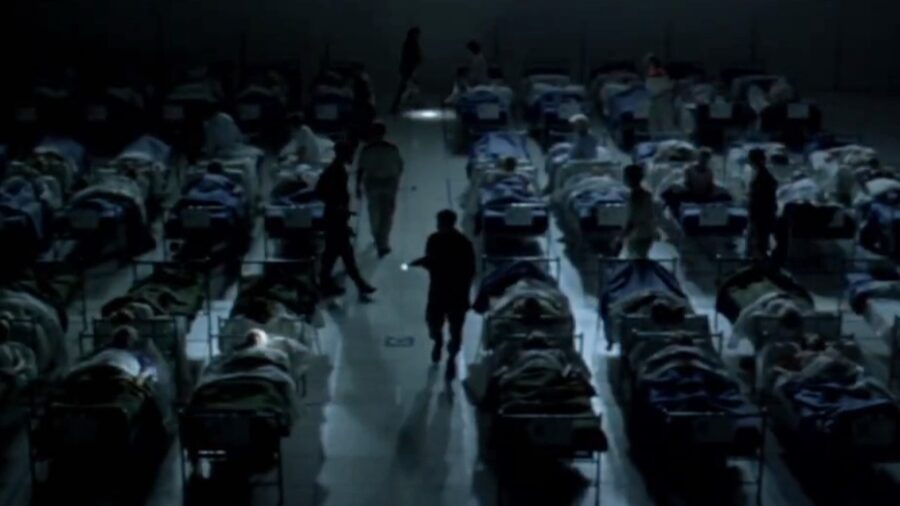
As ambitious as They Came Back’s premise may be, it’s not without problems that I think take away from the film’s overall message. Though it’s reasonable to argue that the film’s conclusion is anti-climactic and not fully resolved, I think it’s that way by design. Like I said, there isn’t a lot of rising action in They Came Back, as it’s a thought experiment on how a developed society would try to take care of its citizens, whether they’re living, dying, or something else entirely.
Existential Dread
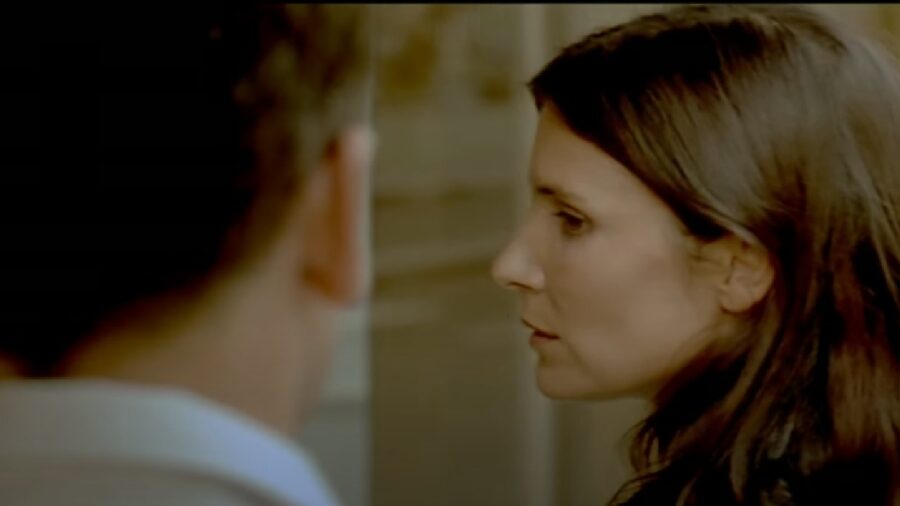

REVIEW SCORE
That being said, I can tell you with confidence that They Came Back is like nothing else you’ve ever seen before. As much as I’d like to think that I’d be able to overcome a tremendous personal loss through the grieving process, I can’t say with certainty that I’d be able to turn away a formerly deceased family member if they suddenly knocked on my front door because they wanted to resume their life as if they never left the mortal realm in the first place. And that’s exactly the concept that They Came Back attempts to explore.
Unfortunately, They Came Back isn’t streaming anywhere, so you’ll have to track down a physical copy to check it out. If you’re willing to watch a zombie movie with no violence but rather a tense moral dilemma, it’s worth looking past its minor flaws and immersing yourself in the storytelling.












